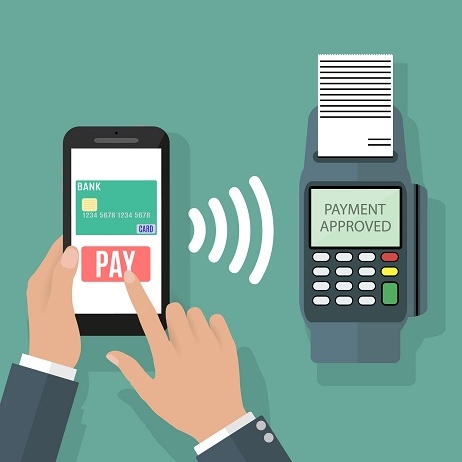
Cash costs Aussie SMBs big time
A national study, commissioned by payments company Square, has revealed that Australian small- and medium-sized businesses (SMBs) are wasting an average of 216 hours (around 29 working days) each year counting and banking cash — that’s a minimum cost of $8.7 billion in annual wages for the SMB sector.
Square’s research points to a growing attitude shift among the majority of Aussie SMBs (60%) who agree that the key motivator for transitioning to cashless is to reduce time waste for staff, in addition to customer preference and the security risks with storing cash on-site.
Nathan Dalah, co-founder and managing director at Sydney-based Fishbowl, took his popular sashimi salad bar chain cashless earlier this year after weighing up the benefits of digital payments.
“When we first started out, we found managing cash to be quite interruptive and time-consuming for staff,” said Mr Dalah. “Being cashless means we no longer have to rely on our staff members across multiple locations to physically count cash, reconcile it and take it to the bank.”
“Card payments eliminate accounting errors and wasted time, plus the experience is better because the queues move faster and the service is cleaner,” he said.
According to Square’s research, consumers agree, with one in three Aussies now claiming that they are card-only shoppers. A compelling 81% of Australian consumers also say that paying by card is much faster and more convenient than paying with cash — which makes sense given the average person now carries less than $60 in their wallet.
The rising popularity of payments technology has also led to more negative consumer sentiment towards cash-only businesses, with three-quarters of Australians now believing cash-only businesses are old-fashioned and out of touch.
Square’s Australian Country Manager, Ben Pfisterer, says not accepting cards and other cashless forms of payment is negatively impacting the bottom line for cash-only businesses, who lose an average of 8 million customers per year (41% of the population) by simply not accepting cards.
“Australia has one of the most advanced payments markets in the world, particularly when it comes to contactless, so being a cash-only business now just doesn’t cut it,” said Mr Pfisterer. “Running a business is challenging and requires a lot of effort to attract customers, so it makes no sense to then lose a sale because you don’t allow them to pay the way they want.”
“We need to debunk the myth that accepting card payments is more complicated and expensive than cash, because there is actually a very real financial cost to every business that handles and manages cash—and it’s even greater for those that are cash-only,” he said.
More than half of the business owners surveyed acknowledged their businesses would likely become cashless in the future, with 35% believing the transition will happen in the next five years and 10% of those thinking it will happen even sooner — over the coming 12 months.


